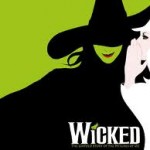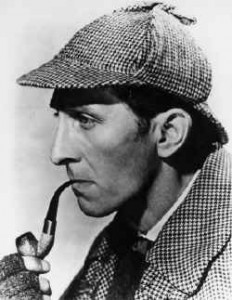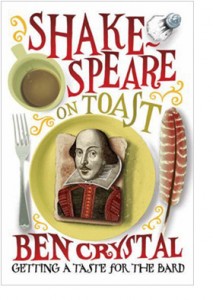I surprised myself recently during a seminar with the realisation that I had no idea who wrote The Wonderful Wizard of Oz (it is an author called L. Frank Baum, in case you don’t know either). I was watching an excellent presentation being given by one of our visiting students, Chris Doehrmann, in a seminar for the Packaging Literature module. Amongst other things, Chris had been considering the work in various guises, and its adaptation and interpretation in various filmic versions.
This was all interesting stuff, but I remained a little distracted by my woeful ignorance of even the author of the book (which, it transpired, was actually a series of 14 books, with 19 sequels written by yet another author of whom I had never heard – who knew?!). As I looked around the room, searching for reassurance that I was not alone, I noted that students were frantically scribbling down this information, so I called the presentation to a halt and we talked for a while about this strange situation. I know the Wizard of Oz, it was part of my childhood, I feel some sense of emotional investment in the work, yet I have never read the book, not even to my children. So can I really say that I ‘know’ the work?

It turns out that many of the students in the seminar had no idea who wrote it either, and several of them, like me, had only seen a film version or some literary adaptation, so could any of us claim to really know the ‘true’ work of literature? And is there just one authentic text, or series of texts? Does the writer who took over the series and added to it (actually, with more titles to her name than the original series) have any claim to authenticity as a producer of some part of The Wonderful Wizard of Oz?
Would further research help me to make up for my perceived lost ground? I learned from Chris that the author’s full name is Lyman Frank Baum, so for a moment I felt more in command of the material, or at least the history of the material, until the next point he made. He explained that the author who wrote the introduction to the Puffin Classics edition of the text is Cornelia Funke, a much loved German writer of children’s literature. We were assured that every German child would know her name, so I felt a distance opening up again between my experience and the text itself – this time a cultural as well as a literary gap.

Luckily, as so often happens to us lecturers, I was saved from my reverie by a student asserting firmly that she would read and enjoy anything related to Oz, and watches every film or TV version she can find, because she loves the original book so much, having had it read to her as a child. In this situation, she cares not a jot for authenticity, however we judge it, she just enjoys the story. Another student piped up in agreement: she is a particular fan of Wicked, both the novel by Gregory Maguire and the musical. Despite this enthusiasm, some students still had reservations about authenticity: shouldn’t the only ‘true’ version be that which is owned by the author, based on the fact that, after all, he actually wrote it? But then cannot we claim some ownership, if we read it, or see it on film, and buy into the ideas? What about if it has formed some treasured childhood memory of a parent reading a bedtime story?

Whist this debate was in full swing Chris had to wait patiently, hoping that we would let him resume his presentation before we took a coffee break. We did, and he continued with an information packed ten minutes before we took a break. As a student visiting our department I hope that he will remember our time talking about OZ when he returns home. The students in the room all felt the benefit of another perspective on a classic piece of literature and I, as so often happens, left the seminar with as many new questions in my head as I had answers to offer.



























